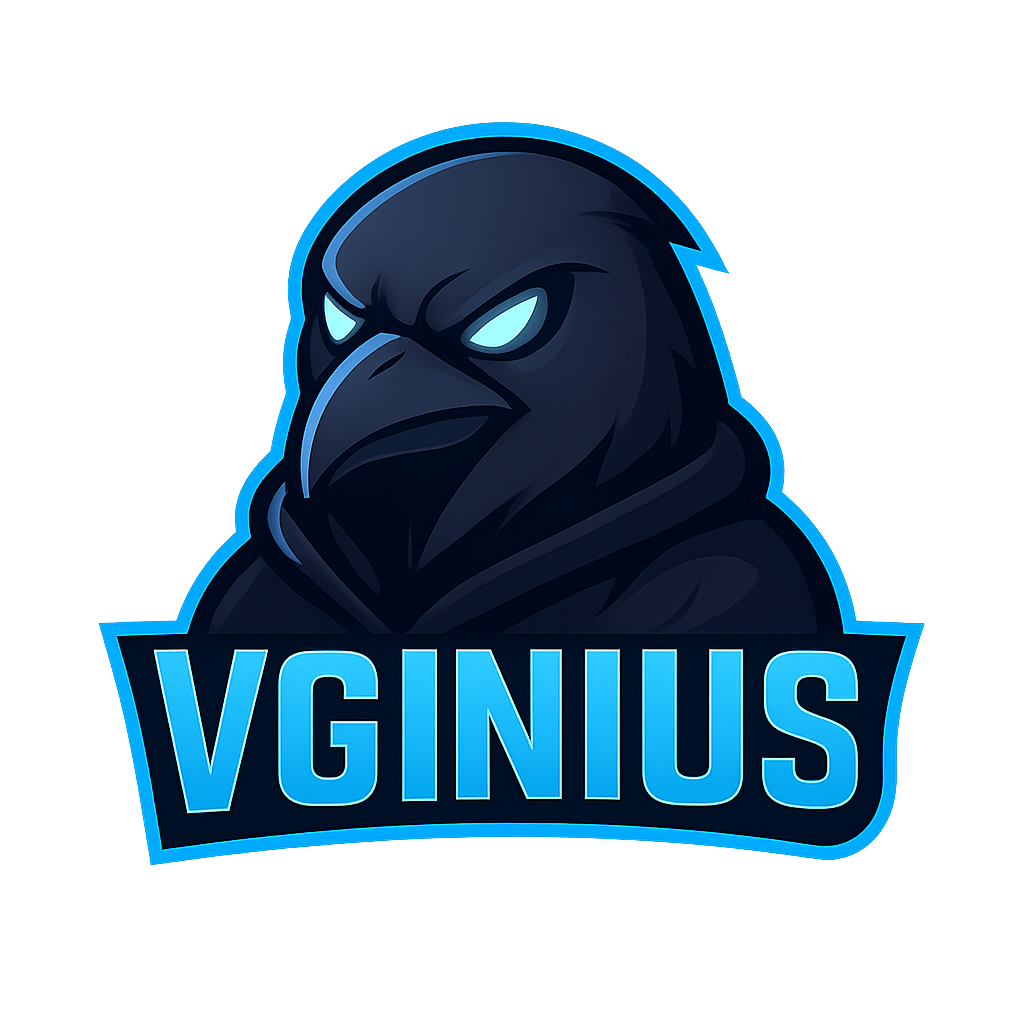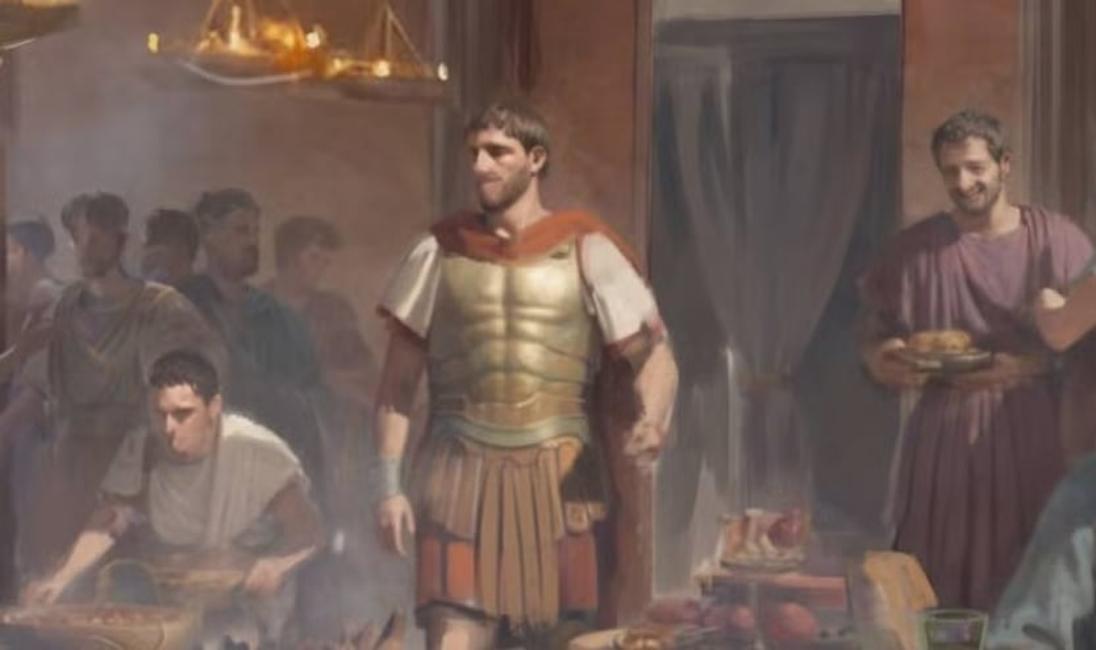Okay, so, Ubisoft. We all know them, right? The folks behind Assassin's Creed, Far Cry, and, yes, the city-building goodness of Anno. But here's the thing: sometimes even the biggest companies stumble. And recently, Ubisoft took a pretty significant tumble, admitting that AI-generated art slipped through the cracks in Anno 1800. Now, I've got to admit, this part fascinates me. Not because it's some massive scandal, but because it raises so many questions about the future of art, game development, and, well, what it even means to be creative in the age of algorithms.
The AI Art Oopsie: How Did It Happen?
Let's break it down. Apparently, some textures used in Anno 1800, specifically cosmetic DLC (that's downloadable content, for the uninitiated), were flagged as being AI-generated. Ubisoft, to their credit, didn't try to deny it. They owned up to it, stating that it was a mistake and that the art hadn't gone through the proper review process. Which, honestly, you might be wondering, how does something like this even happen? Well, big game companies have hundreds, even thousands of people working on a single project. Communication can break down, workflows can get messy, and sometimes, things just slip through the cracks. But, this is a first for Ubisoft and hopefully, it'll be the last. IGN has been closely following the story if you're interested in reading about it more.
What Does This Mean for Anno and Ubisoft?
So, what's the fallout? Well, for starters, Ubisoft has pledged to replace the offending textures. Which is good. But it also sparks a bigger conversation. Is this a sign of things to come? Are we going to see more and more AI-generated content creeping into our games, movies, and music? The answer, in my opinion, is probably yes. But maybe that's not necessarily a bad thing (hear me out!).
AI tools can be incredibly powerful for artists. They can speed up workflows, help generate ideas, and even allow smaller teams to create content that would have been impossible just a few years ago. But here's the thing: AI should be a tool, not a replacement. The human element is still crucial. The vision, the creativity, the soul that an artist brings to their work – that's not something an algorithm can replicate (at least not yet!). And, if you're interested in other big companies, you should read this article.
The Ethical Quagmire of AI Art
And that brings us to the ethical side of things. If a company is using AI-generated art, should they be transparent about it? Should artists be credited for training the AI models that create the art? These are tough questions, and there are no easy answers. The frustrating thing about this topic is that the technology is evolving so rapidly that the ethical frameworks are struggling to keep up. What's acceptable today might be completely unacceptable tomorrow.
But actually, that's not quite right. People have been creating art with the help of tools since the dawn of time. Think about the printing press, the camera, or even something as simple as a paintbrush. These tools didn't replace artists; they empowered them to create in new and exciting ways. And maybe that's how we should be thinking about AI. Not as a threat, but as another tool in the artist's toolbox. It's definitely a game changer.
But let's not get carried away. There's a real danger in devaluing human creativity. If companies start relying too heavily on AI-generated content, they risk losing the unique artistic vision that makes their games, movies, and music so special. Think about it this way: would you rather listen to a song written by a human being with all their flaws, emotions, and experiences, or a song generated by an algorithm designed to maximize sales? I know which one I'd choose!
Ubisoft's Next Steps: Transparency is Key
So, what should Ubisoft do? Well, for starters, they need to tighten up their review process to prevent AI-generated art from slipping through the cracks again. But more importantly, they need to be transparent with their fans about how they're using AI. If they're using it to assist artists, that's one thing. But if they're using it to replace artists, that's a different story entirely. And the fans deserve to know the difference. Now, you might be wondering about how Halo Playstation could affect the future of gaming and I understand your interest but right now, it's more important to focus on Ubisoft's position right now.
FAQ: AI in Game Development
How can I tell if art in a game is AI-generated?
That's the million-dollar question! It's getting harder and harder to tell the difference. Look for inconsistencies, repeating patterns, or a certain... lack of soul. But honestly, it's often impossible to know for sure without the developers being transparent.
Why is AI-generated art controversial?
Several reasons! It raises questions about copyright, artist compensation, and the potential for job displacement. Plus, many people feel that AI-generated art lacks the emotional depth and originality of human-created art.
Isn't all digital art created with the help of computers anyway? What's the difference?
That's a fair point! But there's a crucial difference. Digital art tools like Photoshop are used by artists to express their vision. AI-generated art is often created by the algorithm itself, with minimal human input. It’s more about the process and level of human creative control.
Will AI replace artists entirely?
I doubt it. But AI will definitely change the way artists work. It will likely automate some tasks, free up artists to focus on more creative aspects, and potentially create new artistic styles and possibilities.
Is using AI in game development always a bad thing?
Not necessarily. AI can be a powerful tool for speeding up development, generating ideas, and even creating personalized experiences for players. The key is to use it responsibly and ethically, and to be transparent with players about how it's being used.
Ultimately, the Ubisoft AI art incident is a reminder that we're still figuring out how to navigate this brave new world of artificial intelligence. It's a conversation we all need to be having – artists, developers, and gamers alike. And the answers? Well, those are still being written.





















